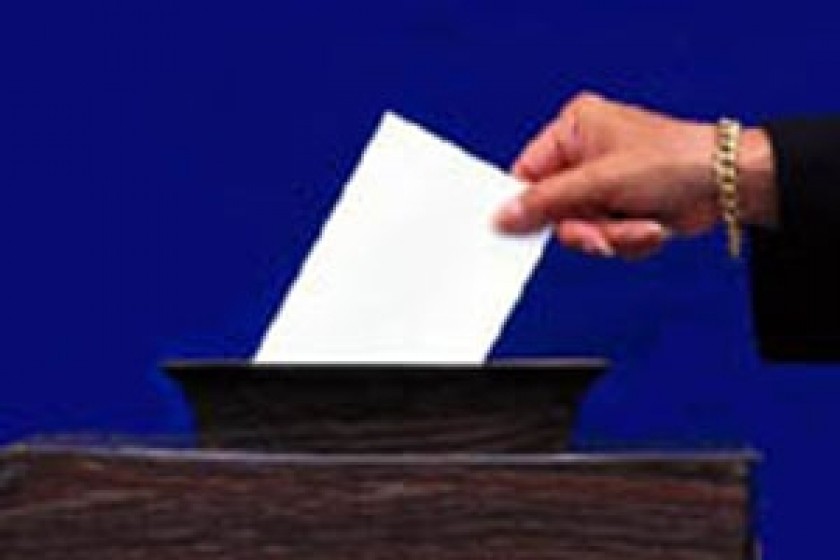
The Sick and the Disabled Did Not Vote
The Election Code of the Republic of Armenia states that a citizen can vote only in the polling station located in his or her place of registration. It envisions no other method of voting.
It turns out that people who have trouble getting to their polling stations are deprived of the opportunity to vote. According to lawyer Hrair Tovmassyan (a drafter of the Election Code) this is what has been known since Roman Law as a “naked right” - a right one possesses, but doesn’t have the power to exercise.
Tovmassyan says that today we don’t guarantee universal suffrage. This particularly concerns voting by the disabled and people in hospitals or health centers, as well as doctors, policemen and fire fighters who are on duty.
Taking part in elections is especially complicated for people who are undergoing medical treatment in hospitals. Some patients are allowed to leave the hospitals to vote, but others are not, particularly those who are being treated for contagious diseases. For example, during the 2003 presidential election there were 150 such patients at the Mikayelyan Institute of Surgery, and 280 at the Yerevan Oncological Scientific Center. In these two Yerevan hospitals alone, more then 430 citizens were deprived of the right to vote.
Before the current Electoral Code was adopted in 1999, there were two procedures in force for voters in hospitals, health centers, and rest homes. The first was polling stations set up in the institutions themselves; the second was mobile ballot boxes.
According to Laura Grigoryan, head physician of the Mikayelyan Institute of Surgery, they never employed either of these methods. But in the Oncological Scientific Center they remember having used mobile ballot boxes.
Lawyer Hrair Tovmassyan says that elections from 1996 to1999 demonstrated that these two methods gave rise to tangible irregularities. Tovmassyan proposes other ways of guaranteeing these citizens their right to vote. First, voting in advance, provided in particular for those performing their professional duties; second, authorized voting, when a person unable to vote would authorize a representative to vote on his or her behalf. A third method could be voting by mail. These methods, however, were not included in the Election Code, as potential sources of irregularities.
Tovmassyan maintains that it would also be possible to avoid violations when using mobile ballot boxes or setting up polling stations in hospitals and similar institutions.
 Videos
Videos Photos
Photos
Write a comment